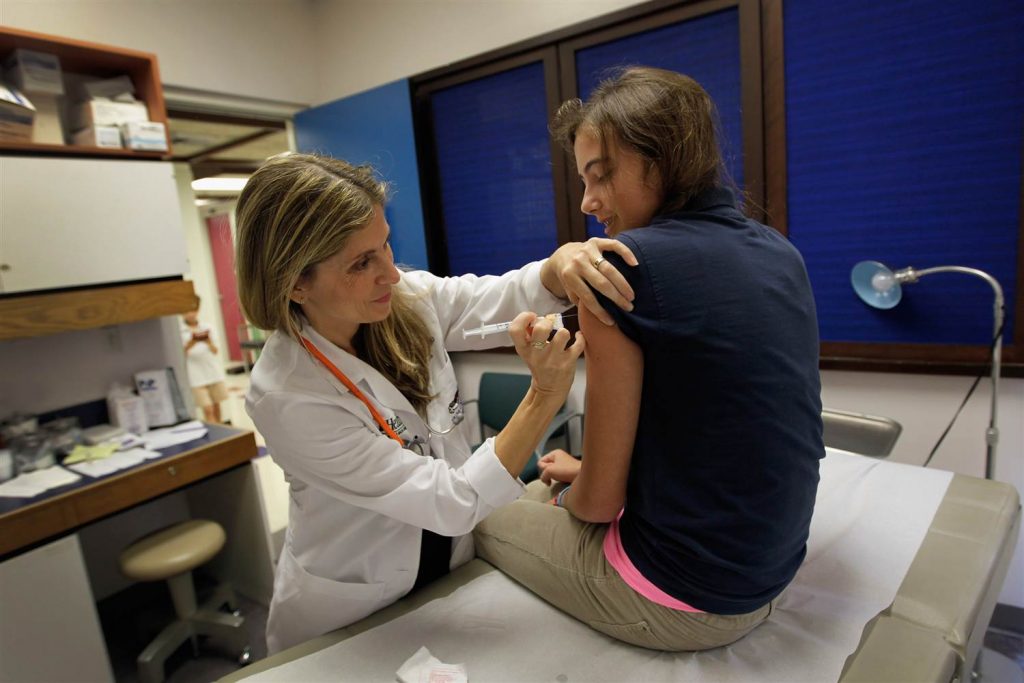APR 6 2017, 10:43 AM ET Cancer-Causing HPV Virus Affects 25 Percent of U.S. Men: Study

A quarter of men and 20 percent of women have the strain of HPV (human papillomavirus or human wart virus) that causes cancer, new government statistics show.
And 45 percent of men have some kind of genital HPV, the latest data from the National Center for Health Statistics show.
For people under 25, there’s a vaccine that can protect them from the strains of HPV that cause a range of cancers, from head and neck cancer to cervical cancer. For the rest of the population, the viruses continue to circulate.
“Human papillomavirus (HPV) is the most common sexually transmitted infection in the United States,” the team at the NCHS, part of the Centers for Disease Control and Prevention, wrote.
“Some HPV types can cause genital warts and are considered low risk, with a small chance for causing cancer. Other types are considered high risk, causing cancer in different areas of the body including the cervix and vagina in women, penis in men, and anus and oropharynx (mouth and throat) in both men and women.”
Related: Michael Douglas Was Right. HPV Causes Throat Cancer
The team looked at large national health surveys, which included HPV tests, taken in 2011 through 2014.
In 2013 and 2014, 45 percent of all men aged up to 60 had some sort of HPV strain and 25 percent had one of the strains that can cause cancer. Close to 40 percent of women had any type of HPV and 20 percent had a cancer-causing strain, the researchers reported.
Related: HPV Cancers Are an Epidemic
About 4 percent of all adults had an oral infection with a cancer-causing strain of HPV.
“Men had a higher prevalence of oral HPV than women,” the team wrote.
Some experts believe 70 percent of all head and neck cancers are caused by HPV, likely spread by oral sex. According to experts, by 2020 head and neck cancer will beat out cervical cancer as the most common HPV-related cancer.
Related: HPV Infections Plummet After Vaccination
There are 109 known different types of human papillomaviruses.
Two Food and Drug Administration-approved vaccines — Cervarix and Gardasil — prevent infection with the cancer-causing HPV strains 16 and 18. Gardasil additionally covers the wart-causing strains 6 and 11. A new form of Gardasil, approved earlier this year, adds five more high-risk HPV strains to its coverage, for even more cancer protection.
Both boys and girls are supposed to get two or three doses of the vaccine, starting at age 11 or 12.
